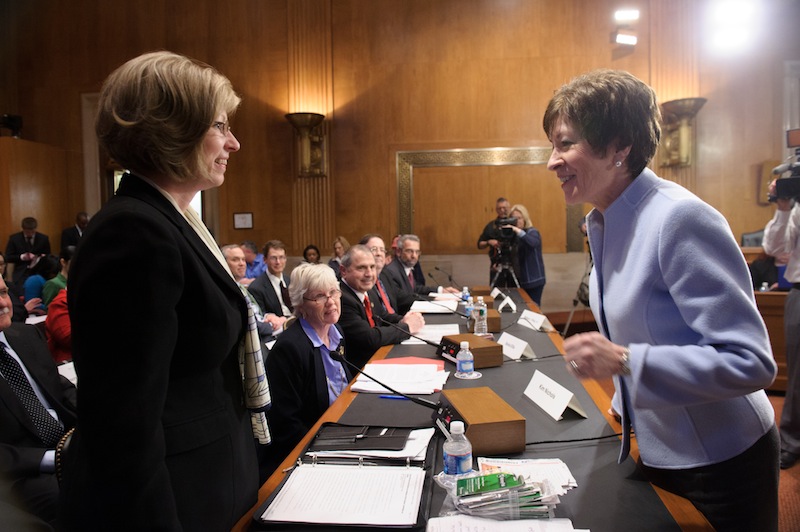KINGSTON, Jamaica – Jamaican officials said Thursday they hope that new legislation will finally result in a stream of convictions and lengthy sentences for fraudsters behind a multimillion-dollar lottery scam that has swindled mostly elderly Americans out of their retirement savings for years.
National Security Minister Peter Bunting told reporters that the reform act will result in a “vastly accelerated number of successful prosecutions” of swindlers who have made the island a center for cross-border telemarketing fraud.
The bill was recently passed by Jamaica’s House of Representatives.
It will be taken up Friday by the Senate. Justice Minister Mark Golding said he expects enforcement of the law to begin by the end of this month.
The scam begins with a phone call that informs the target that he has won millions in an international lottery, but he needs to wire a payment to cover taxes. Victims who fall for the trick and send payments then begin getting endless calls seeking more money.
The Jamaican lottery scammers were the focus of a Wednesday hearing by the U.S. Senate Special Committee on Aging, which is co-chaired by Sen. Susan Collins of Maine, just one of the U.S. states where numerous seniors have been cheated out of vast sums of money by aggressive swindlers from the island. Collins blamed Jamaica for not doing more to rein in the problem in recent years.
“I think they are finally taking it seriously, but it has taken a number of years for them to do so and I would like to see them put the effort in this, in stopping this scam, as they put into enticing Americans to come vacation in Jamaica. A lot of money is spent on that,” Collins said at the hearing in Washington.
The United States is Jamaica’s biggest trade partner and source of tourists. But at least 30,000 calls are made into the United States from Jamaica trying to defraud people every day, authorities say.
Authorities have seized bundles of cash, hundreds of computers and more than 120 cars in various operations to dismantle Jamaica’s lottery scam rings, Bunting said.
Hundreds of people have been arrested and some have been convicted on lesser offenses.
However, substantial convictions of Jamaican cheats have been remarkably few, largely due to big gaps in the country’s laws.
To solve this dilemma, the Justice Ministry crafted a bill targeting advanced fee fraud, identity theft and dishonest use of technology for accessing financial accounts.
It also prohibits making threats and coercing victims over the phone. Beefed-up penalties could result in 20-year sentences in some cases.
The Jamaican and U.S. governments set up a task force in 2009 to stop the schemes. But the problem has gotten worse.
Send questions/comments to the editors.



Comments are no longer available on this story